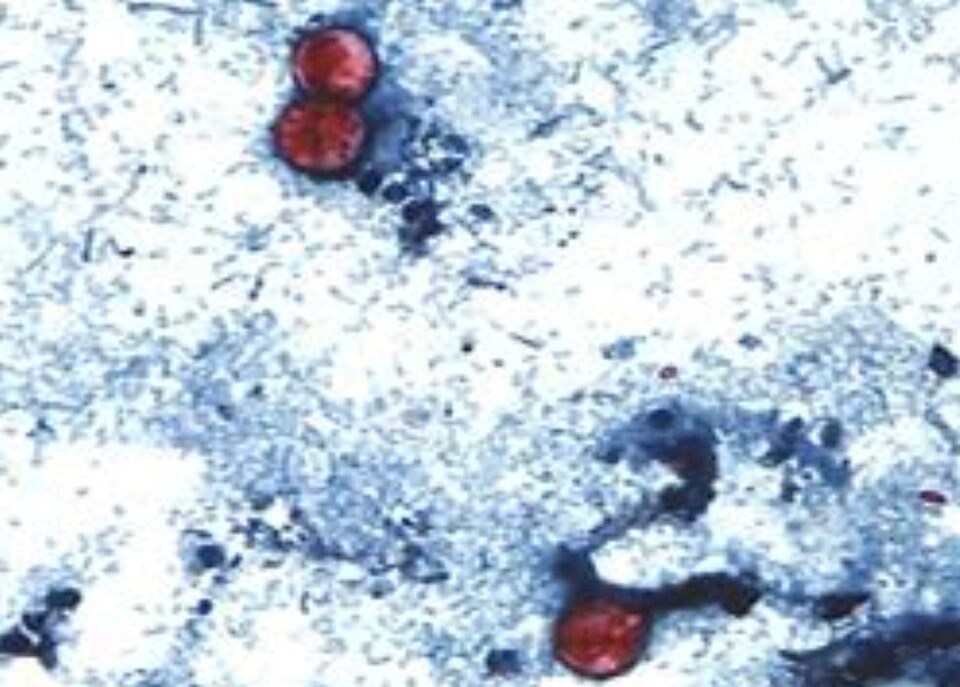B.C. health officials are warning of a record spike in cases of the gastrointestinal illness cyclospora — a food-borne parasite that causes vomiting, abdominal cramps, and frequent, often explosive, diarrhea.
By the end of July, 43 cases of the infection had been documented by the BC Centre for Disease Control (BCCDC), two cases higher than the previous record in 2017.
Cases of the illness usually spike in the spring and summer. Some of those result from travel to the subtropical regions of Peru, Mexico, India, the Caribbean and Southeast Asia. But other cases have been traced to the consumption of fresh produce in B.C., the BCCDC said.
By July 18, the Public Health Agency of Canada reported 185 non-travel related cases of illnesses, including six cases in B.C.
Symptoms of the illness also include nausea, loss of appetite, weight loss, fatigue, and occasionally, a fever. People who have weakened immune systems, as well as young children and older adults are the most vulnerable to severe illness. The federal public health agency says at least four people have been hospitalized across Canada.
The BCCDC says it is working with other public health authorities to investigate all locally acquired cases and determine the possible source or sources of infection.
“BCCDC advises people to take precautions when consuming imported foods that have been previously linked with cyclospora infection,” stated the agency in a press release Aug. 4.
Various imported fresh produce have been linked to the illness in the past. Some of those include: broccoli, lettuce, cabbage, celery, peas, snap peas, cucumbers, carrots, green onions, basil, cilantro, cherries, raspberries and blackberries.
Public health authorities recommend people work to lower their risk of cyclospora infection by thoroughly washing their hands before handing food. Carefully washing or cooking fruits and vegetables will also increase your chances of avoiding the illness.
“Do not drink untreated surface water from streams, rivers, lakes, ponds or shallow wells,” warns the BCCDC.
And when travelling to areas with a high risk of gastrointestinal illness, health authorities suggest avoiding fruit that can’t be peeled or cooked, and drinking bottled or purified water.



